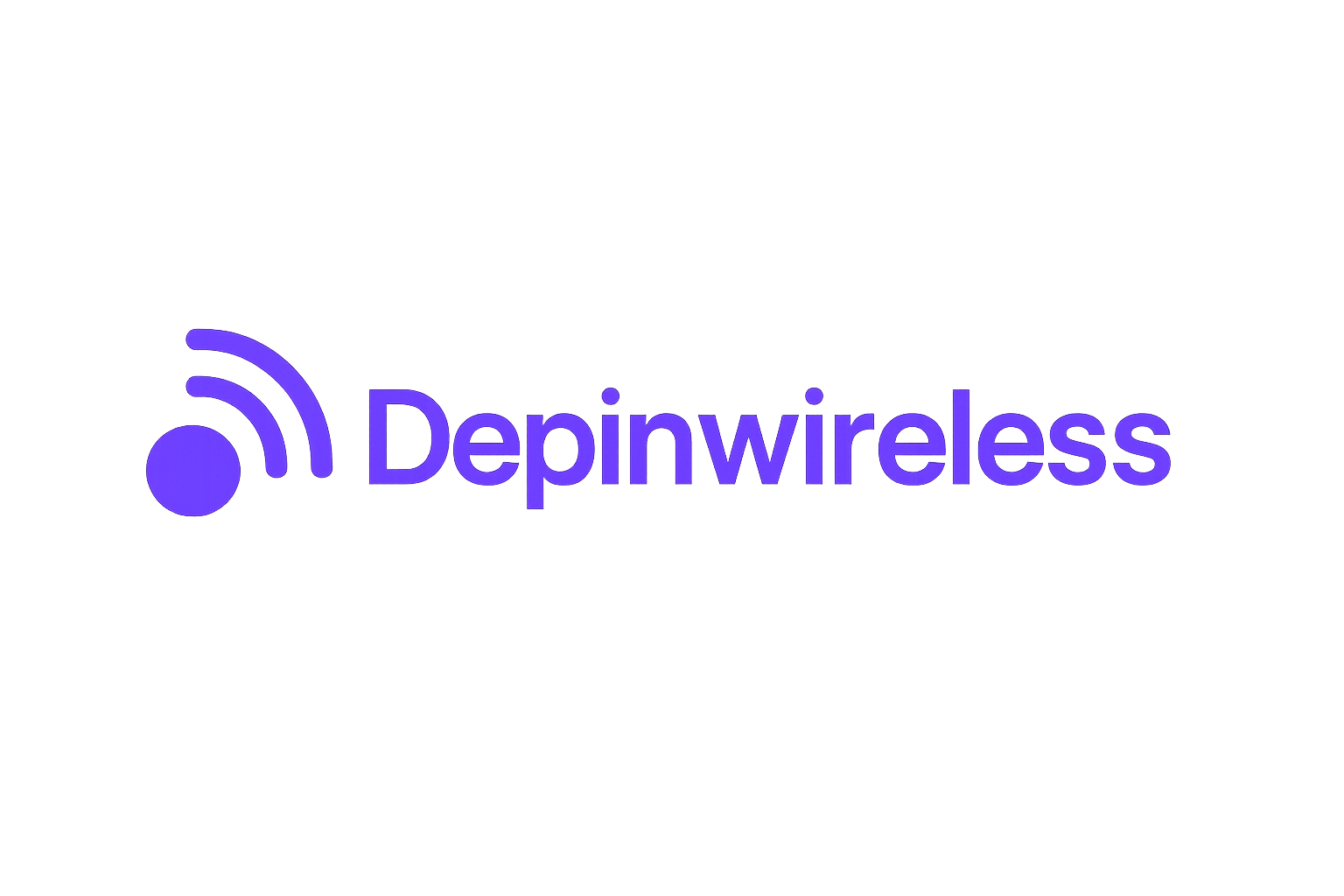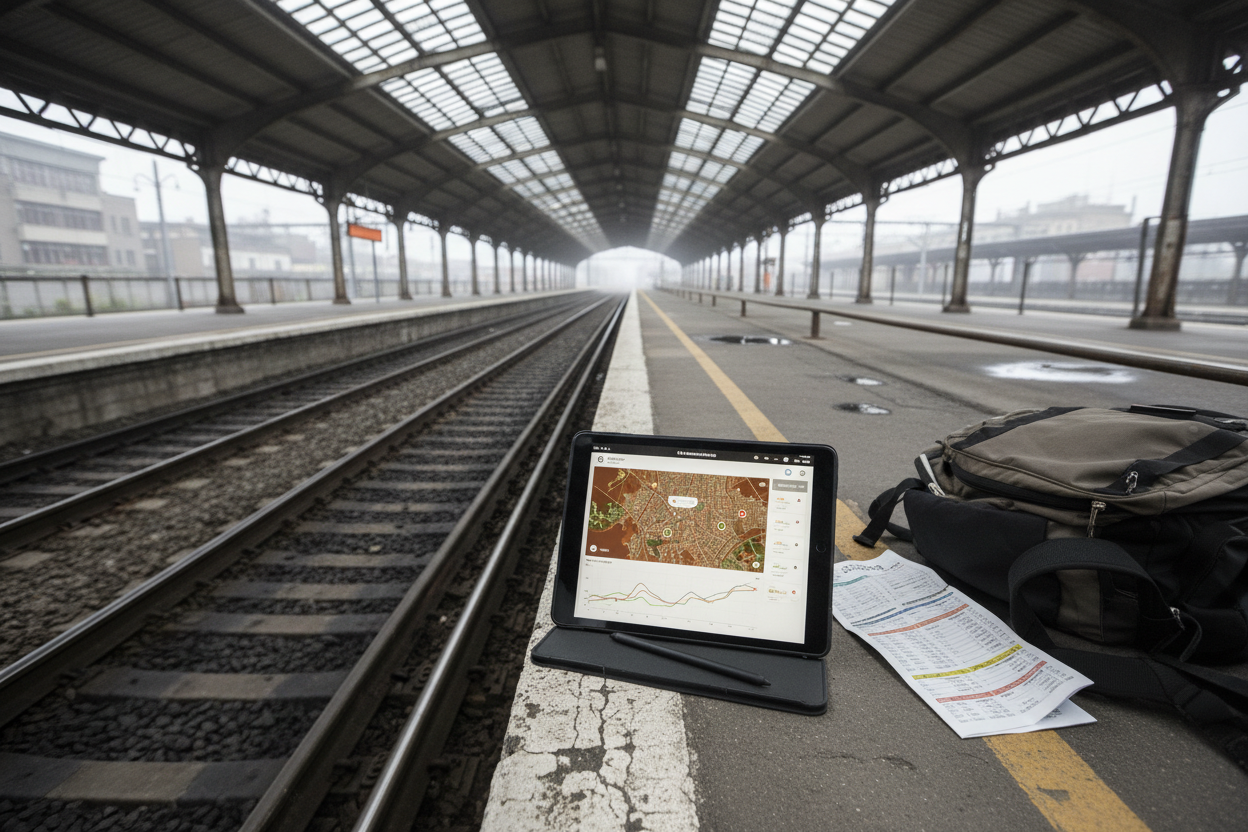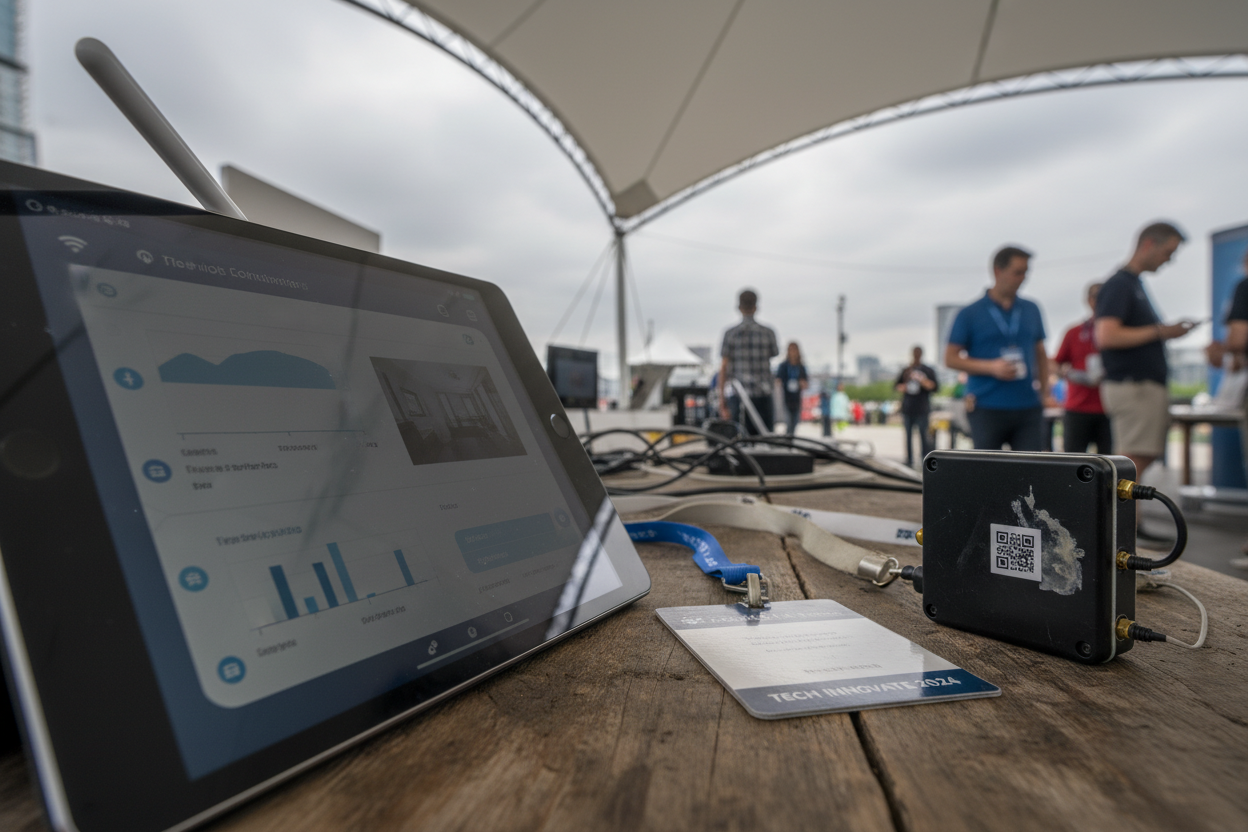
In 2025, decentralized wireless is no longer a theoretical concept – it is actively reshaping how commercial spaces access and monetize connectivity. The Helium Black Box partnership with DAWN marks a pivotal shift, leveraging blockchain incentives to turn everyday WiFi into part of a global, user-owned network. As Helium’s HNT token trades at $2.53, the ecosystem’s momentum is underscored by both technical innovation and market validation.
How Helium and DAWN Are Disrupting Commercial WiFi
Traditional mobile infrastructure expansion is notoriously capital-intensive and often fails to reach underserved or cost-sensitive areas. Helium’s decentralized model flips this paradigm by aggregating user-owned wireless coverage through low-cost devices like DAWN’s new Black Box. These units are not just plug-and-play routers – they are nodes in a rapidly growing DePIN (Decentralized Physical Infrastructure Network) that commercial venues can deploy with minimal friction.

The integration of Helium’s protocol into DAWN equipment means that any small business or household using Black Box hardware can contribute to wireless coverage and earn HNT rewards when their WiFi is used for carrier offload. This isn’t just about free internet access – it’s about transforming connectivity into an asset class, where coverage providers are compensated in real time for their contribution.
The Mechanics: Carrier Offload and Passpoint Integration
At the core of this system is carrier offload. Instead of relying solely on expensive cell towers, mobile carriers can now route data traffic over Helium-powered hotspots using Passpoint technology. This seamless integration allows existing WiFi networks to act as extensions of mobile service, reducing deployment costs for carriers while expanding access for users.
The economics are compelling: WiFi chipsets are cheap and ubiquitous, making rapid scaling feasible. By aggregating these micro-networks, Helium creates a mesh that delivers tangible value to both users and carriers. For example, Helium offers up to 3GB of mobile data per month for free to participants – an aggressive move made possible by its ultra-low operational overhead compared to legacy telecom models.
DAWN’s Role: Accelerating Decentralized Coverage Across North America
DAWN has committed to integrating Helium technology across all its hardware in the US and Mexico, making decentralized wireless accessible far beyond early adopter circles. The company positions the Black Box as more than just a home router; it is a gateway for businesses and individuals to join a borderless network where participation yields tangible crypto rewards.
Key Benefits of DAWN Black Box in Commercial Spaces
-
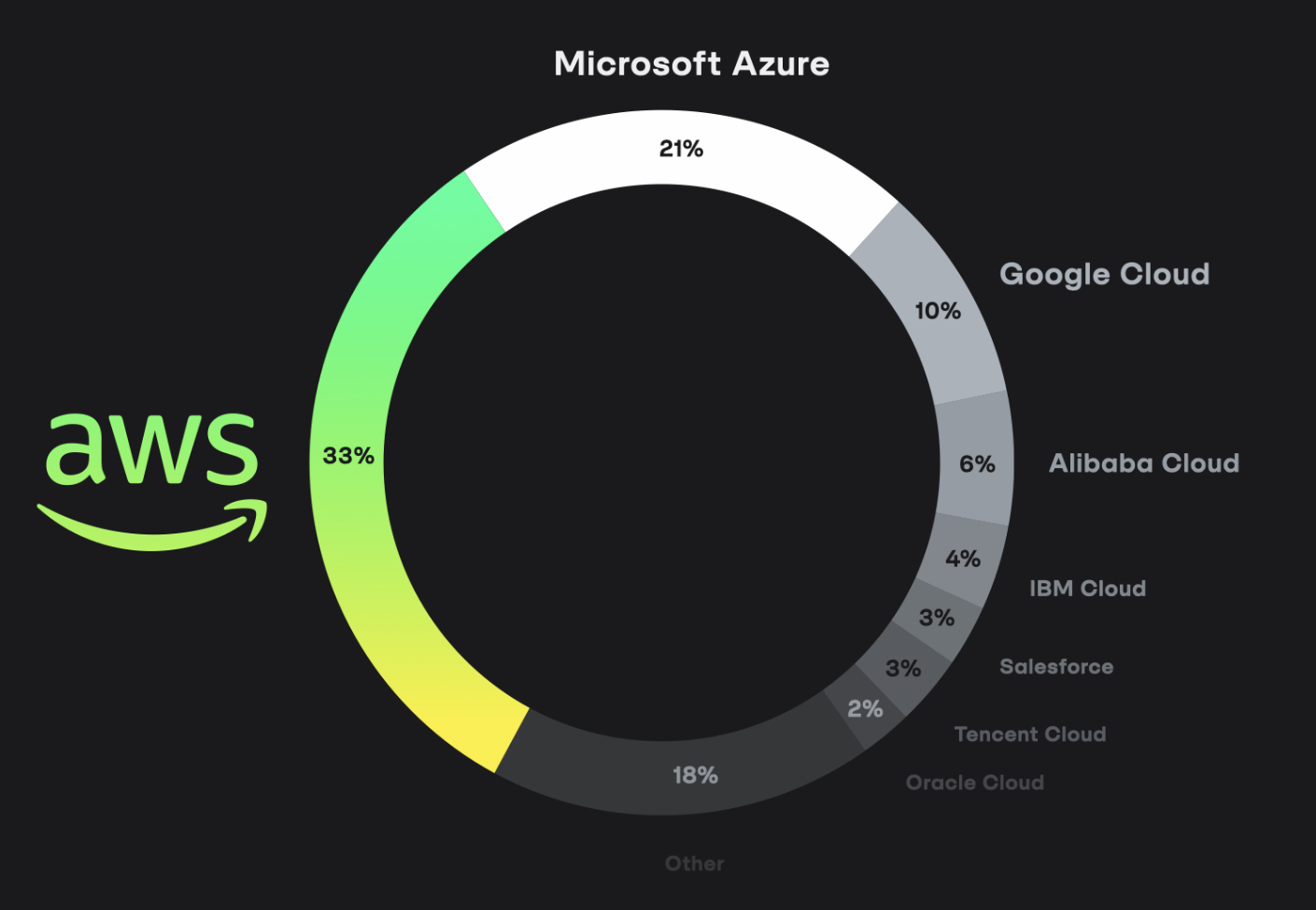
Enables Carrier Offload for Mobile Networks: The DAWN Black Box integrates with Helium’s decentralized network, allowing commercial spaces to provide seamless carrier offload using Passpoint technology. This helps mobile carriers reduce congestion and extend coverage without costly infrastructure investments.
-

Earn Rewards Through Network Participation: By deploying a Black Box, businesses can earn Helium (HNT) tokens when their WiFi is used for carrier offload. As of now, HNT is priced at $2.53, providing a tangible incentive for participation in the decentralized network.
-
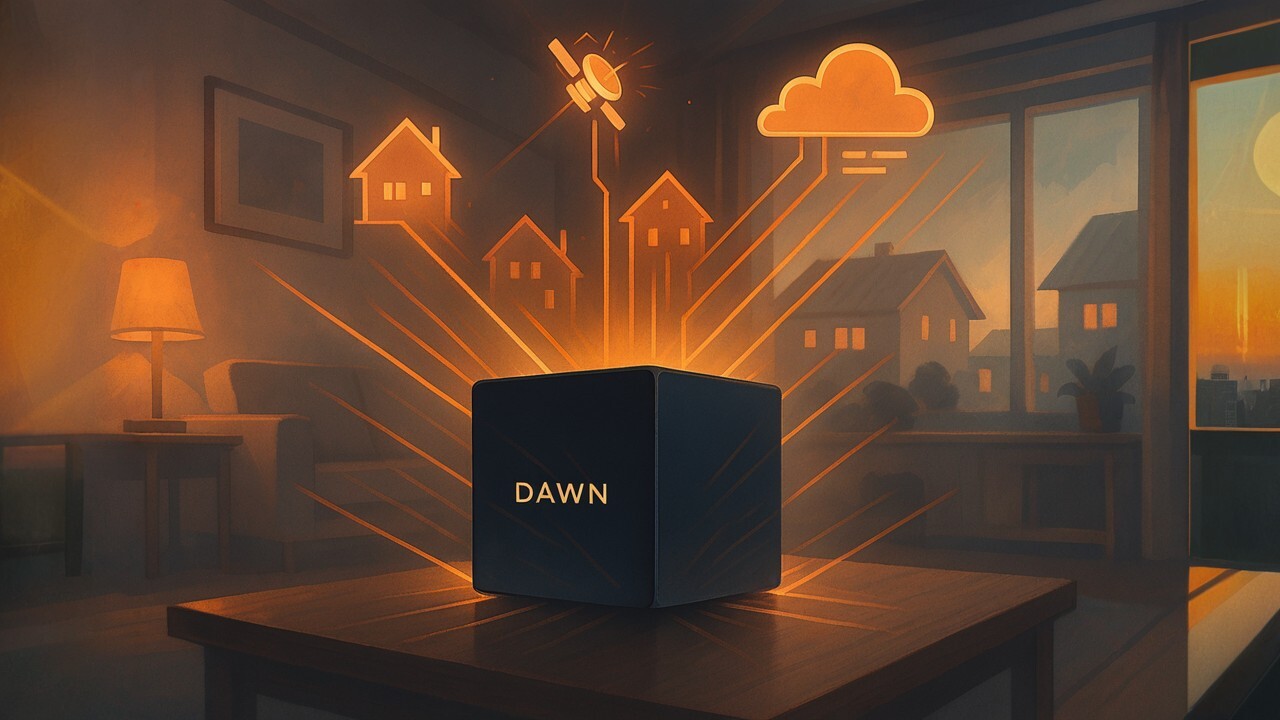
Rapid, Cost-Effective WiFi Deployment: The Black Box leverages inexpensive and widely available WiFi chipsets, making it easy for commercial venues to expand wireless coverage quickly and at a lower cost compared to traditional mobile infrastructure.
-
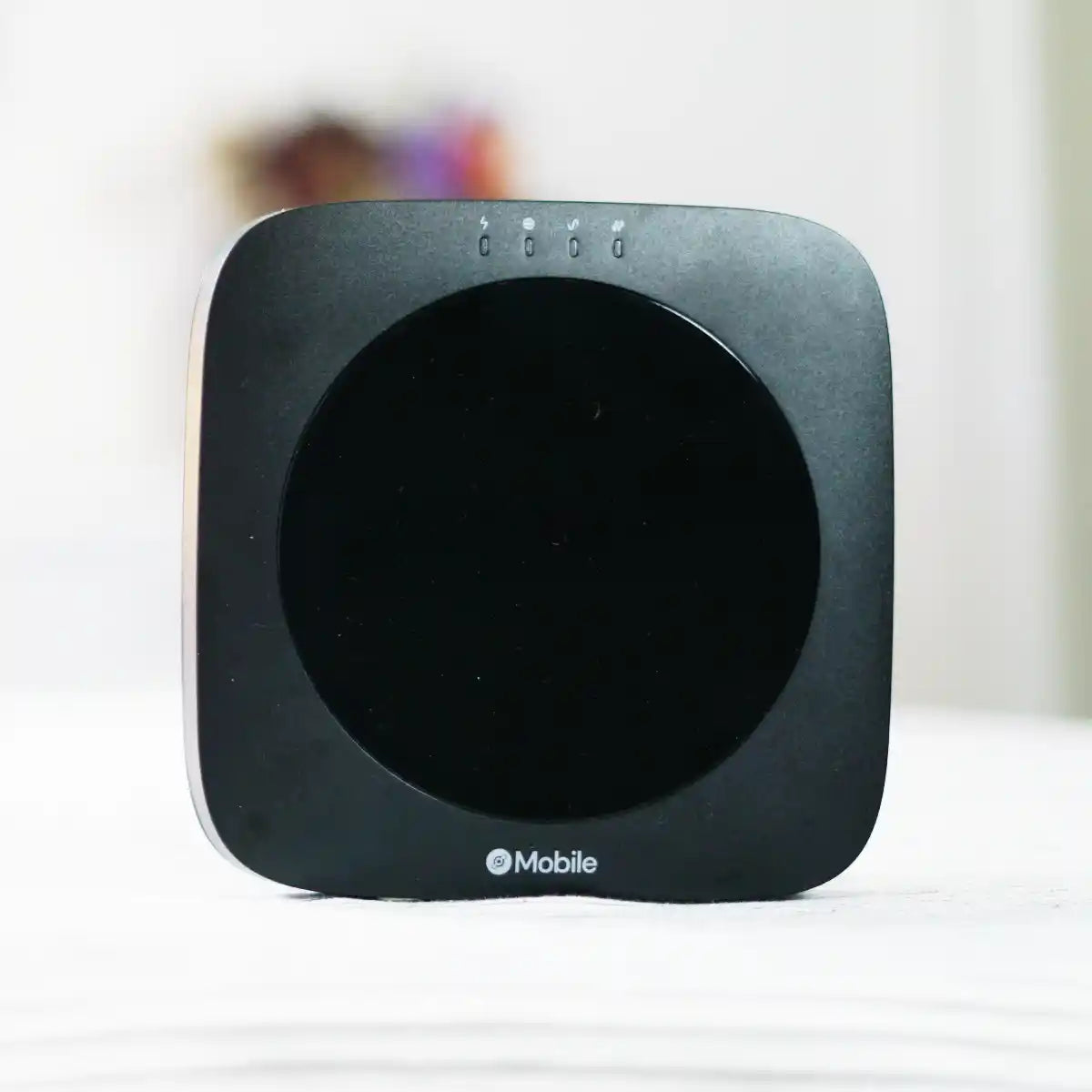
Access to Free Mobile Data Offers: Helium’s model enables competitive services, such as offering 3GB of mobile data per month for free to users, which can attract more customers and increase foot traffic in commercial spaces.
-
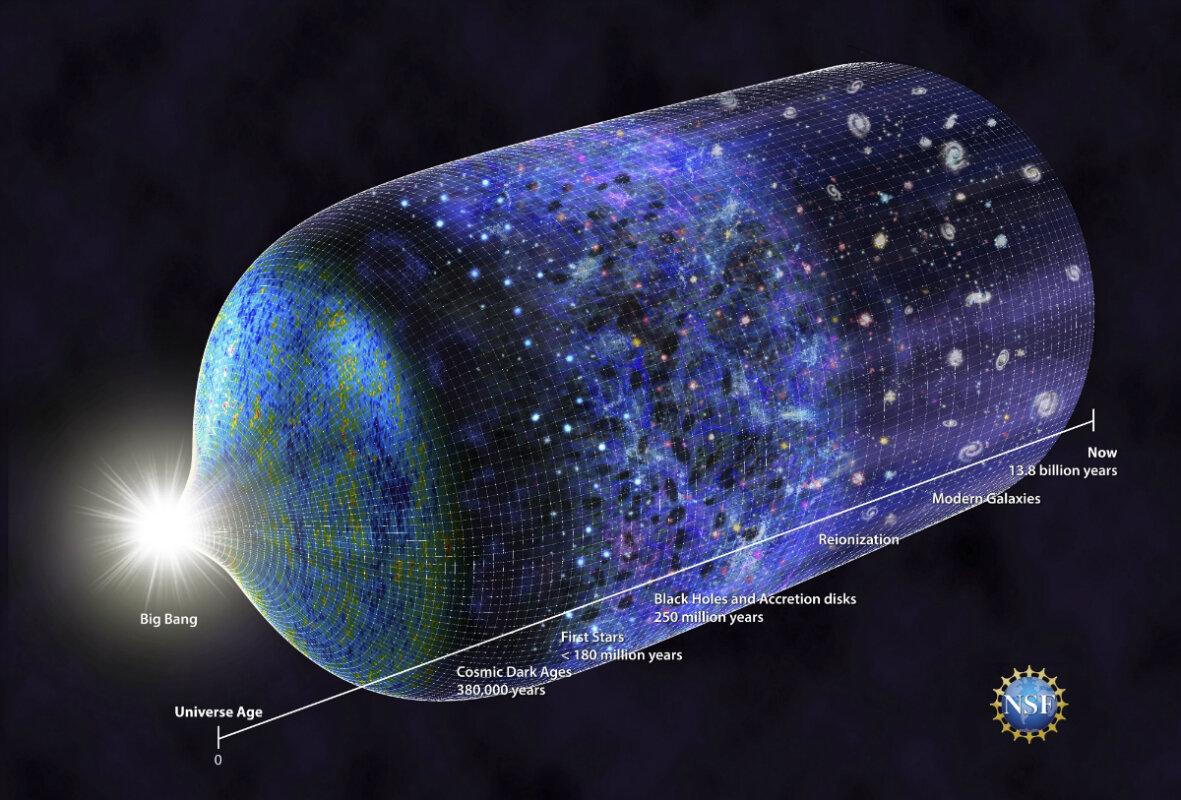
Supports Network Growth and Value: Each Black Box deployed contributes to a self-reinforcing network effect, expanding coverage and increasing the overall value of the Helium and DAWN ecosystem for both users and businesses.
This approach establishes an organic network effect – every new node increases coverage density and value, attracting more users and further incentivizing participation. For investors tracking DePIN projects or those interested in earning HNT rewards via WiFi sharing, this partnership signals both technical maturity and growing mainstream adoption.
Commercial venues, from coffee shops to coworking spaces, now have a pragmatic path to transform their existing WiFi into an income-generating asset. The DAWN Helium integration is frictionless: setup requires little technical know-how, and the Black Box automatically connects to the Helium network, registering the location for potential carrier offload. When mobile carriers offload users onto these decentralized hotspots, Black Box owners receive HNT rewards, directly aligning incentives between infrastructure providers and network participants.
However, it’s important to note that HNT earnings are dependent on actual demand for carrier offload in a given area. As discussed in community threads and on platforms like Reddit, not every Black Box will see high utilization immediately; rewards accrue when real data traffic is routed through your device. This market-driven approach ensures that coverage grows where it’s needed most, rather than where it’s simply subsidized.
Market Impact: Network Growth and Token Dynamics at $2.53
With the current HNT price at $2.53, the economic calculus for participants remains attractive, especially as coverage density increases in urban and commercial zones. The model incentivizes early deployment in high-traffic areas, where carrier offload is more likely to occur and yield higher rewards. For DAWN and Helium, this means rapid organic growth without the capital constraints of traditional telecoms.
The launch of tools like Helium’s Carrier Dashboard and Offload Manager also gives both venue owners and carriers granular visibility into network performance and reward distribution. This transparency builds trust in the system while enabling data-driven optimization of coverage placement and service quality.
Key Challenges for Decentralized WiFi in Commercial Spaces
-
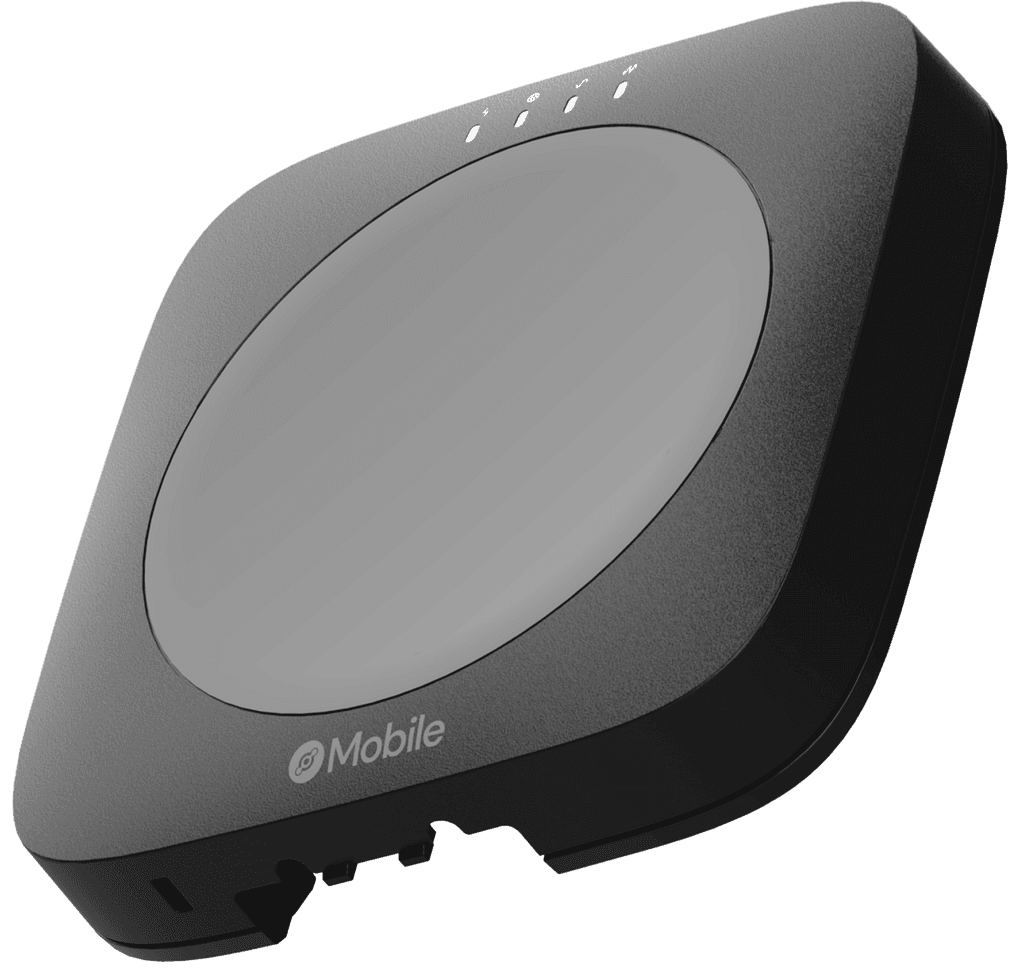
Carrier Offload Selection Uncertainty: Not all deployed devices, such as DAWN’s Black Box, are guaranteed to be selected for carrier offload. This limits the earning potential for device owners and creates unpredictability in network incentives.
-
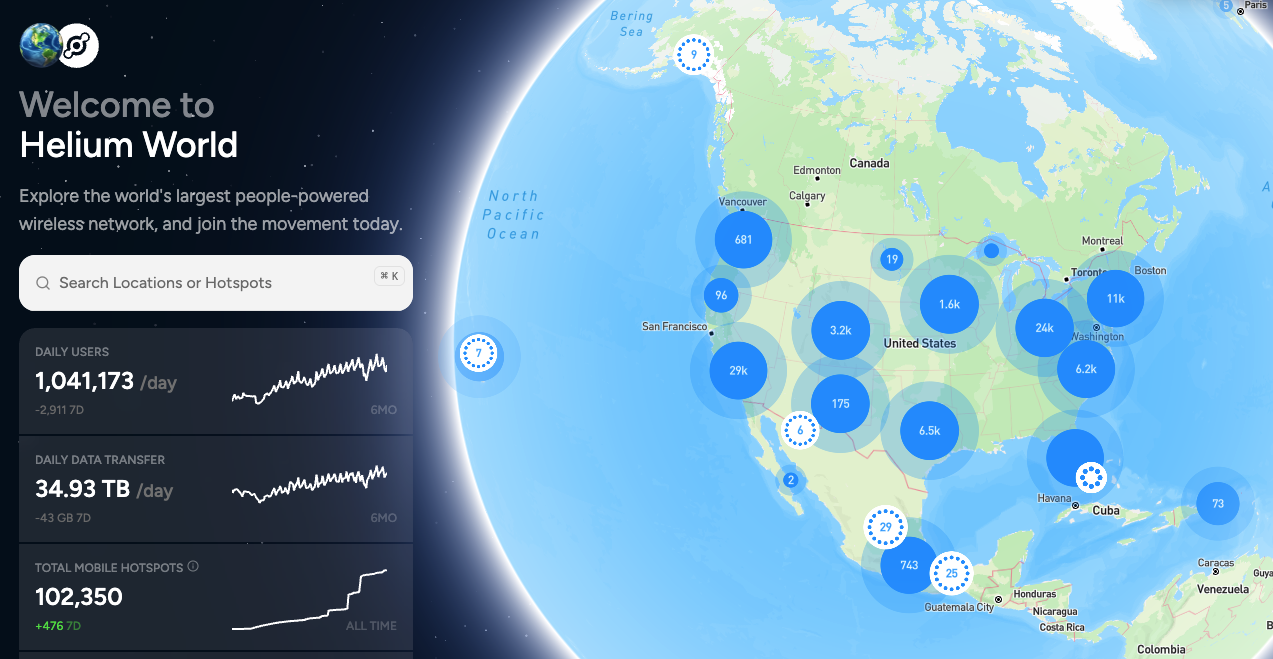
Integration with Existing Infrastructure: Seamlessly connecting decentralized WiFi networks like Helium with traditional carrier systems requires robust Passpoint integration and coordination, which can be technically complex for commercial deployments.
-

Regulatory and Security Compliance: Commercial spaces must ensure that decentralized networks meet local regulations and enterprise-grade security standards, which can vary widely by region and industry.
-
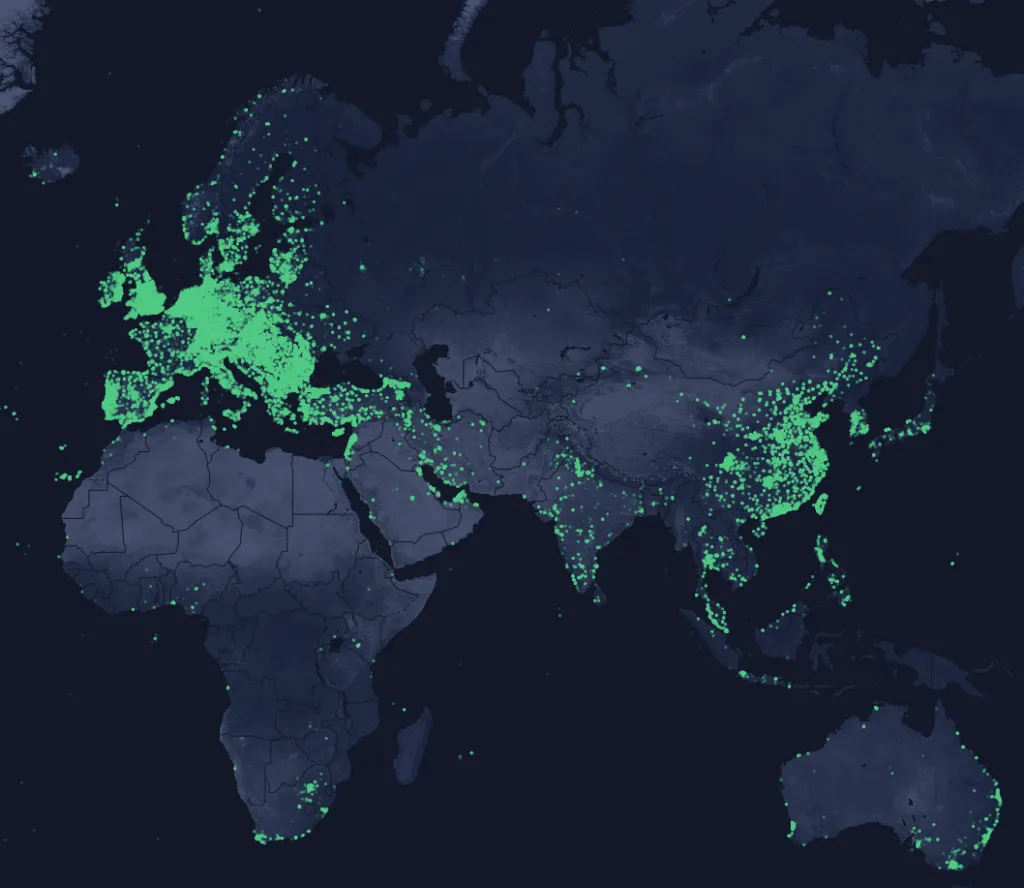
Network Quality and Coverage Consistency: Decentralized models rely on user-owned devices, which may lead to inconsistent WiFi coverage and variable quality of service across commercial environments.
-
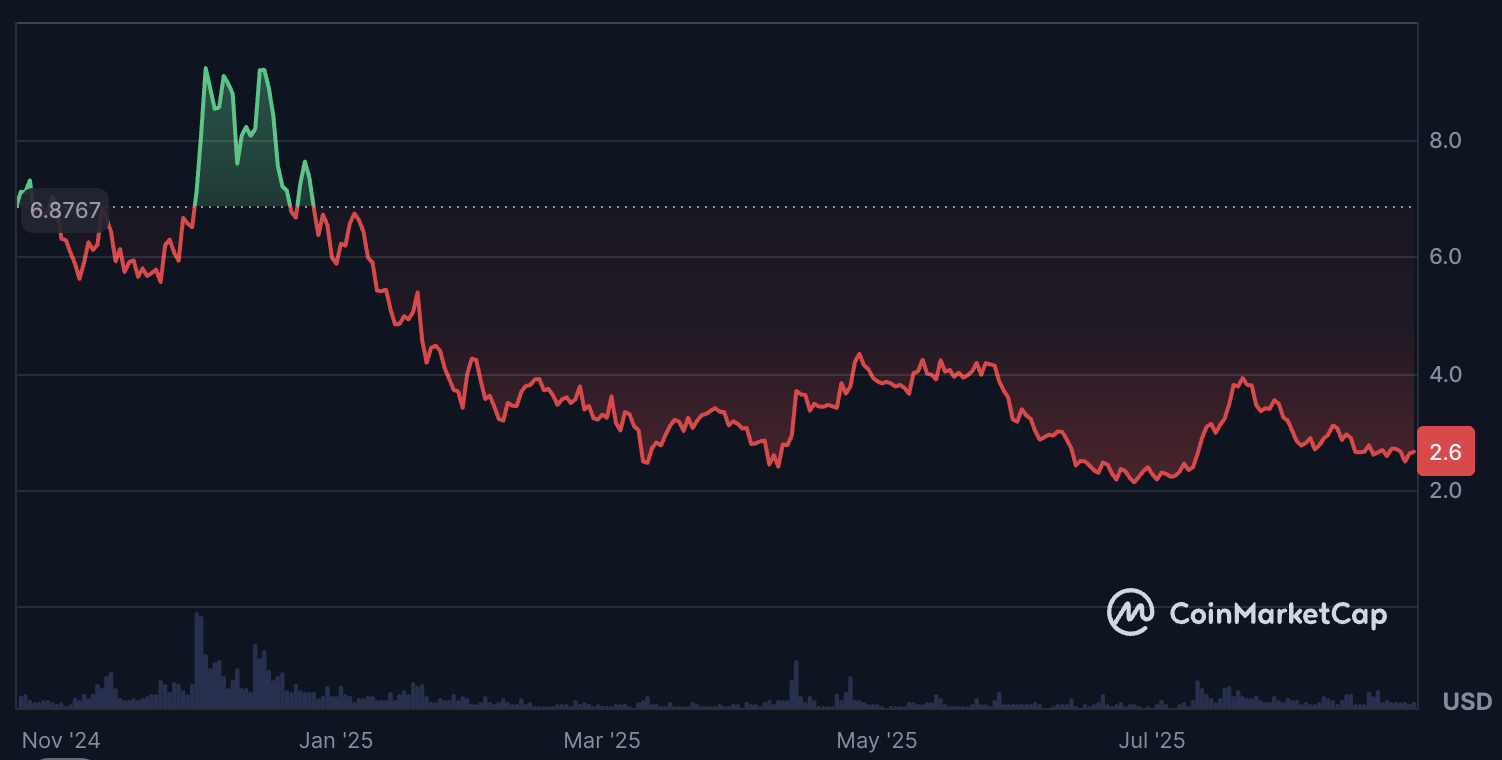
Economic Incentive Fluctuations: The value of rewards, such as Helium (HNT) tokens (currently $2.53), can fluctuate, impacting the attractiveness and sustainability of decentralized WiFi participation for businesses.
As with any emerging DePIN project, there are hurdles, regulatory uncertainty around shared spectrum use, evolving tokenomics as supply/demand shifts, and competition from legacy providers experimenting with their own hybrid models. Yet the open architecture of Helium’s network means that innovation isn’t bottlenecked by a single entity or region.
What Comes Next for Decentralized WiFi?
The next twelve months will be critical for both Helium and DAWN as they scale deployments across North America. Watch for metrics such as total number of active Black Boxes installed in commercial venues, volume of carrier offloaded data per region, and fluctuations in HNT price relative to network usage (which remains at $2.53 as of this writing). These KPIs will determine whether decentralized WiFi can truly compete with incumbent models on both cost efficiency and reliability.
For commercial stakeholders evaluating whether to join this movement, the calculus is increasingly pragmatic: minimal upfront investment, transparent crypto rewards via DAWN’s platform, and participation in a fast-growing DePIN ecosystem that could reshape how connectivity is owned, and valued, in urban environments.
